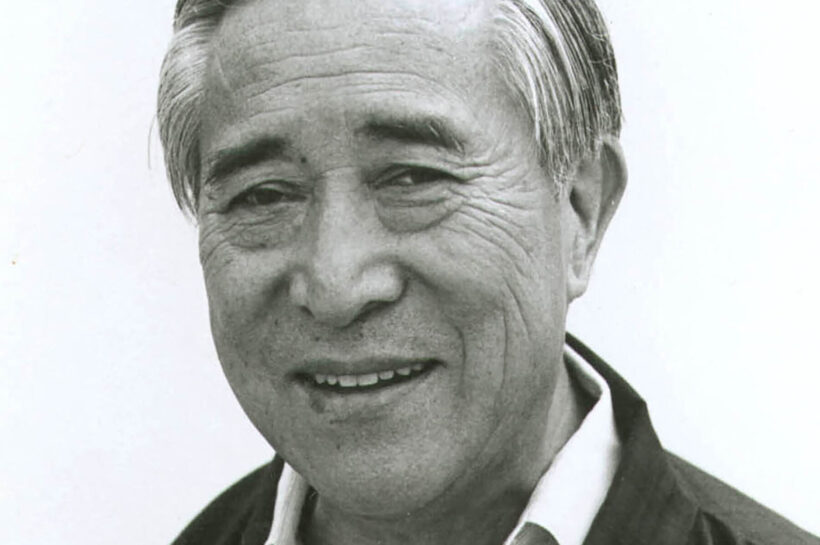Contents
Biden’s Pardon of Hunter Biden Sparks Political Controversy
WASHINGTON – In a decision that left political analysts and voters alike in shock, President Joe Biden issued a sweeping pardon to his son, Hunter Biden, reversing a long-standing promise not to do so. The move has sparked an uproar, raising questions about political ethics, party accountability, and the broader implications for the Democratic Party’s future.
The pardon, announced on Sunday, absolves Hunter Biden of his federal convictions for lying on a gun purchase form and evading taxes, as well as any potential offenses committed between January 1, 2014, and December 1, 2024. For a president who had pledged to restore norms and respect for the rule of law, this decision is a stark about-face.
This isn’t the first time a president has used the pardon power controversially. However, Biden’s action strikes a particular chord because of his repeated public assertions that his son would not receive special treatment.

The Definition of Two-Faced? A Promise Undone
During his presidency, Biden emphatically stated that he would let the justice system take its course regarding Hunter Biden. As recently as this summer, he told reporters, “I will not pardon him.” Even White House Press Secretary Karine Jean-Pierre reiterated this position as recently as November 8.
The sudden reversal raises questions of integrity. Critics argue that it epitomizes a “do as I say, not as I do” attitude that has plagued public trust in Democratic leadership. From Nancy Pelosi’s infamous hair salon visit during COVID-19 restrictions to allegations of insider stock trading, many voters are disillusioned by what they perceive as hypocrisy within the party.
A Troubled History and a Polarized Reaction
Hunter Biden’s legal troubles stem from a tumultuous period in his life marked by substance abuse and financial recklessness. Convicted of lying about his drug use on a gun purchase form and evading taxes while living a lavish lifestyle, Hunter Biden’s trials became fodder for Republican narratives of Biden family corruption.
The president justified his decision by labeling the prosecution of his son as selective and politically motivated. In his statement, Biden declared, “There has been an effort to break Hunter… In trying to break him, they’ve tried to break me.” He added that his son’s five years of sobriety and resilience against “unrelenting attacks” were factors in his decision.
Supporters of the president see the pardon as a father’s act of compassion. Opponents, however, argue it undermines the administration’s credibility, branding it as a betrayal of the values Biden once championed.
Democrats’ Future in the Balance
The timing of this decision is critical. Following a bruising election cycle in which Democrats lost control of several key battlegrounds, many within the party are reflecting on their leadership and messaging. The pardon is likely to exacerbate divisions within the Democratic base and alienate swing voters who helped deliver Biden’s victory in 2020.
This incident feeds into a larger narrative that has haunted the party for years: a perception of elitism and self-service. Voters who once admired Democratic leaders for their progressive policies and commitments to equity are growing weary of scandals and broken promises.
Historical Context of Presidential Pardons
Biden is far from the first president to face backlash over a controversial pardon. Bill Clinton pardoned his half-brother for drug charges and his former business partner for her role in the Whitewater scandal. Donald Trump famously pardoned close allies and the father of his son-in-law, Jared Kushner.
While legal, these decisions often draw scrutiny for perceived cronyism, undermining public trust in the presidency. Biden’s decision to pardon his son, however, may carry even greater political weight, given his prior commitment to ethical governance.
The Fallout: A Party at a Crossroads
The pardon of Hunter Biden has handed Republicans fresh ammunition, and the broader public’s reaction will likely shape the party’s strategy in the years to come.
For President Biden, this decision will be remembered as a pivotal moment in his presidency—a test of whether his personal actions align with his public words. For the Democratic Party, it underscores a need for introspection and a recommitment to the principles that once galvanized its base.
Source: Local6








